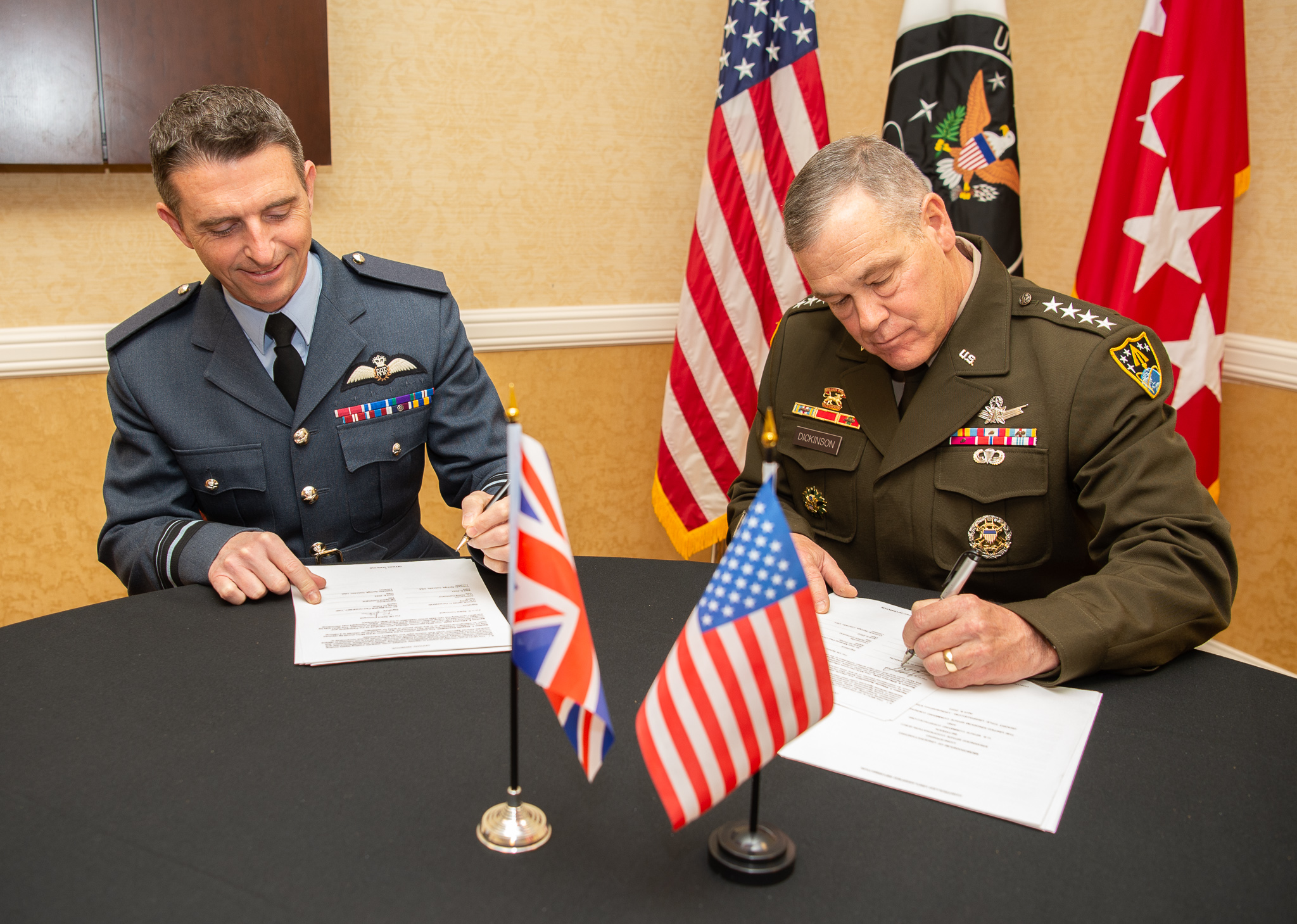The UK military doctrine says space power is ‘part of a wider, whole-of-government strategy’
WASHINGTON — The United Kingdom on Sept. 1 released “UK Space Power,” the military’s keystone doctrine publication focused on the space domain.
The 91-page public document lays out in broad terms the role of the UK military in protecting space from foreign threats and provides “a basis for understanding the utility of the space domain in the military context,” the paper says.
A central message is that space is a global domain; and military, civil and commercial space activities are intertwined.
“Space power capabilities, or enabling capabilities in other operational domains, can contribute to deterrence but must form part of a wider, whole-of-government strategy,” the document says.
“Space offers political choice through its ubiquity and pervasiveness but is not solely a military, or even state, endeavor,” says the doctrine. “Non-state actors increasingly own a stake in the development and operation of capabilities. Partnerships with civil, industry, commercial and academic entities are therefore essential to increase resilience, understand the progress of technology and develop further opportunities for deterrence.”
The document highlights the UK-US military space alliance. “As our pre-eminent national security partner, cooperation with the US is exceptionally close and the relationship is critical to assure access to a host of space services,” the paper says. Additionally, UK military space experts are currently supporting US space capabilities.
Other takeaways from the UK space doctrine:
- The blurring of the lines between civilian and military, government and commercial has drastically increased complexity in space. International collaboration, licensing and commercial considerations make ownership, responsibility and liability (and thus attribution) far less clear.
- Technological advances, underpinned by increasingly widespread commercial or dual-use space capabilities, have imperceptibly permeated society and popular culture to such an extent that they are now almost indispensable, but they are nonetheless taken almost completely for granted.
- The UK government considers space infrastructure and assets to be linked to critical national infrastructure, the loss or compromise of which would result in major detrimental impact on the availability, delivery or integrity of essential services.
